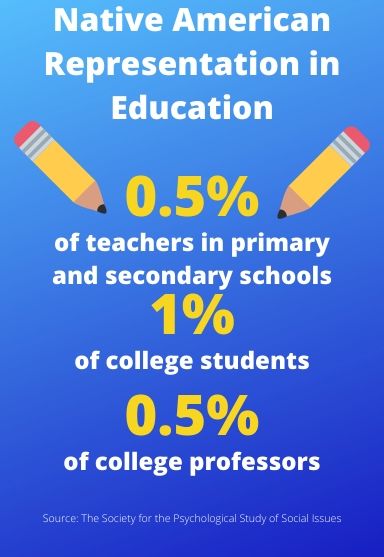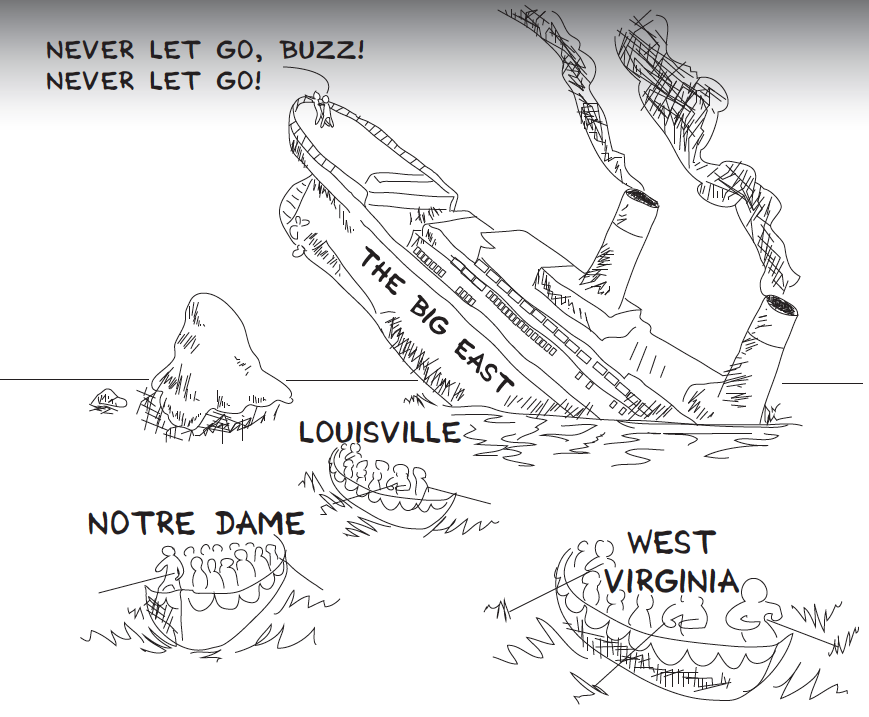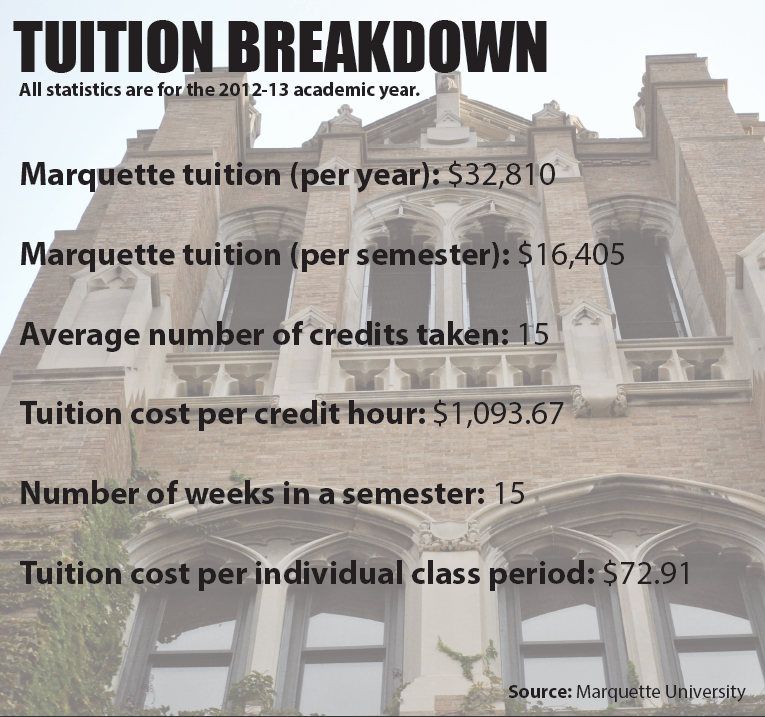How many times have you been walking across campus when you hear someone yell out “hey slut” to her or his friend? What were the lyrics of the song you were dancing to at that party last weekend? What was the theme of the most recent movie you watched?
This week is the annual Sexual Violence Awareness Week on campus, and it made us think: Is our culture responsible for normalizing sexual violence through the language we use and hear? We believe it is.
Actions often affect language, but the reverse is also true.
Many young women, and in some cases, young girls, think it’s normal and acceptable to be called a bitch. A slut. A whore. The sad thing is, it is normal because in our contemporary society, we have verbally normalized these terms.
Sure, we realize that these terms are often used in a joking manner among friends, but that doesn’t change their meanings.
Kanye West, a rapper known for his political correctness and polite demeanor, released a song called “The Perfect Bitch” last month. West dedicated the song to his girlfriend, Kim Kardashian, who was reportedly “honored.”
She was honored? Honored to be the main subject of a song with lyrics like “Make them suck the d— with a blindfold” and “F— swag it’s my virgin. / This tight s—, no virgin”? Good thing girls across the country look up to women like Kim.
Speaking of good role models, you probably have seen or at least heard about the two adorable little British girls who were on The Ellen Show last year. Dressed in pink tutus, Sophia Grace Brownlee, 8, and Rosie Grace McClelland, 5, took the stage to demonstrate their love for Nicki Minaj by singing and dancing to her song, “Super Bass.”
The girls were then treated to a surprise visit from their idol, Minaj herself. These 5- and 8-year-old girls are looking up to someone known for the size of her butt and singing lyrics like “Maybe it’s time to put this p—- on ya sideburns.” This is what these girls are aspiring to become.
These songs are teaching women to become sexual objects, not how to succeed in life.
But it’s not just rap lyrics that are perpetuating sexual language – that language is everywhere around us. From hearing about how your friend just “raped that test” to playing video games in which women are hypersexualized and often abused without a second thought, we are constantly surrounded by sexual violence.
It’s easy for people to be outraged over high profile sexual assault scandals, such as last summer’s events in Cagli, Italy, the incident in South Africa in May 2011 and the student athletics incidents that occurred in 2010 and 2011. But in reality, these events occur every single day and receive little to no attention.
Sexual Violence Awareness Week, like other awareness weeks, may be easy to overlook and disregard. But that’s the problem. Sometimes “awareness” can be a useless tactic, but in this case, it is crucial. It speaks to the college culture’s greater issues and demands action.
So next time you hear one of your friends tossing around sexually explicit terms, don’t be afraid to say something. Reflect on your own use of these phrases. And hopefully, change the way you think about these words. Sexual violence may start with language, but it could also end with it.










